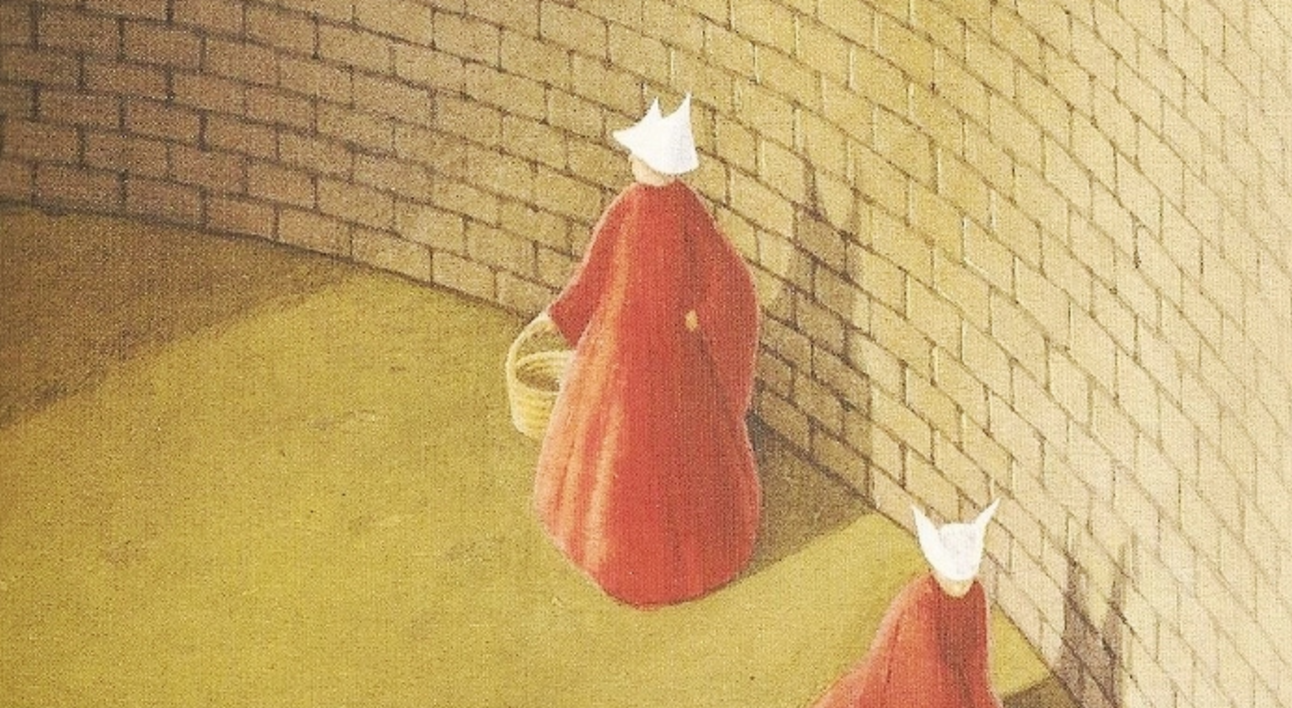By Arin Garland ’18
The Hulu adaptation of Margaret Atwood’s novel, “The Handmaid’s Tale,” depicts a dystopian future in which women are systematically oppressed by the government, the Republic of Gilead, previously known as the United States. The show satirizes the idea of male superiority and takes it to a whole new level; it warns against complacency surrounding social issues, such as feminism and gender inequality, that are very relevant to our world today.
As a result of mass infertility and the government at a loss of solutions, radical religious groups began to rise to power, blaming society for disobeying God’s word and designating barrenness as their punishment. Their extremist ideals sparked a third great awakening and led to a theocratic revolution.
The protagonist, Offred, is a Handmaid for one of “The Commanders” of the Republic of Gilead, meaning that she is raped by him every month during a ritual known as “the ceremony.” This horrendous “ceremony” is required by the new government in an attempt to combat the rapidly falling birth rates. It is also viewed as “sacred” and fulfills what they believe to be a woman’s only purpose. Women are not allowed to read, to write, have jobs or freely speak their minds, and if they are found breaking any of these rules, they are punished severely through mutilation.
Offred often has flashbacks to a past that seems all too familiar to the audience as she discusses more modern developments, such as Uber. The fact that this takes place in the near future adds another note of discomfort to the situation; most times when injustice is carried out, we blame history, and say “back then they didn’t know any better,” but when it is people of the present enforcing injustice, it makes it all the more terrifying.
However, it is important that the audience realizes that this is taking place not too far down the road from the present moment, because, although greatly exaggerated, the issues expressed in the “Handmaid’s Tale” are still occurring today. The show not only criticizes individual complacency for so easily accepting their positions in society, but also for society’s complacency in allowing gender divisions to continue to widen. The show demonstrates the haunting parallels between two seemingly disparate societies by exaggerating the subjugation and objectification of women in Gilead and draws connections by setting the scene in modern America.
“The Handmaid’s Tale” is a collection of painfully uncomfortable moments, pitch black humor, and very distinctive Orwellian feels, but it also gets a very important message across; we need to stop living in the past, or else our future may look like something very similar to Gilead.













































